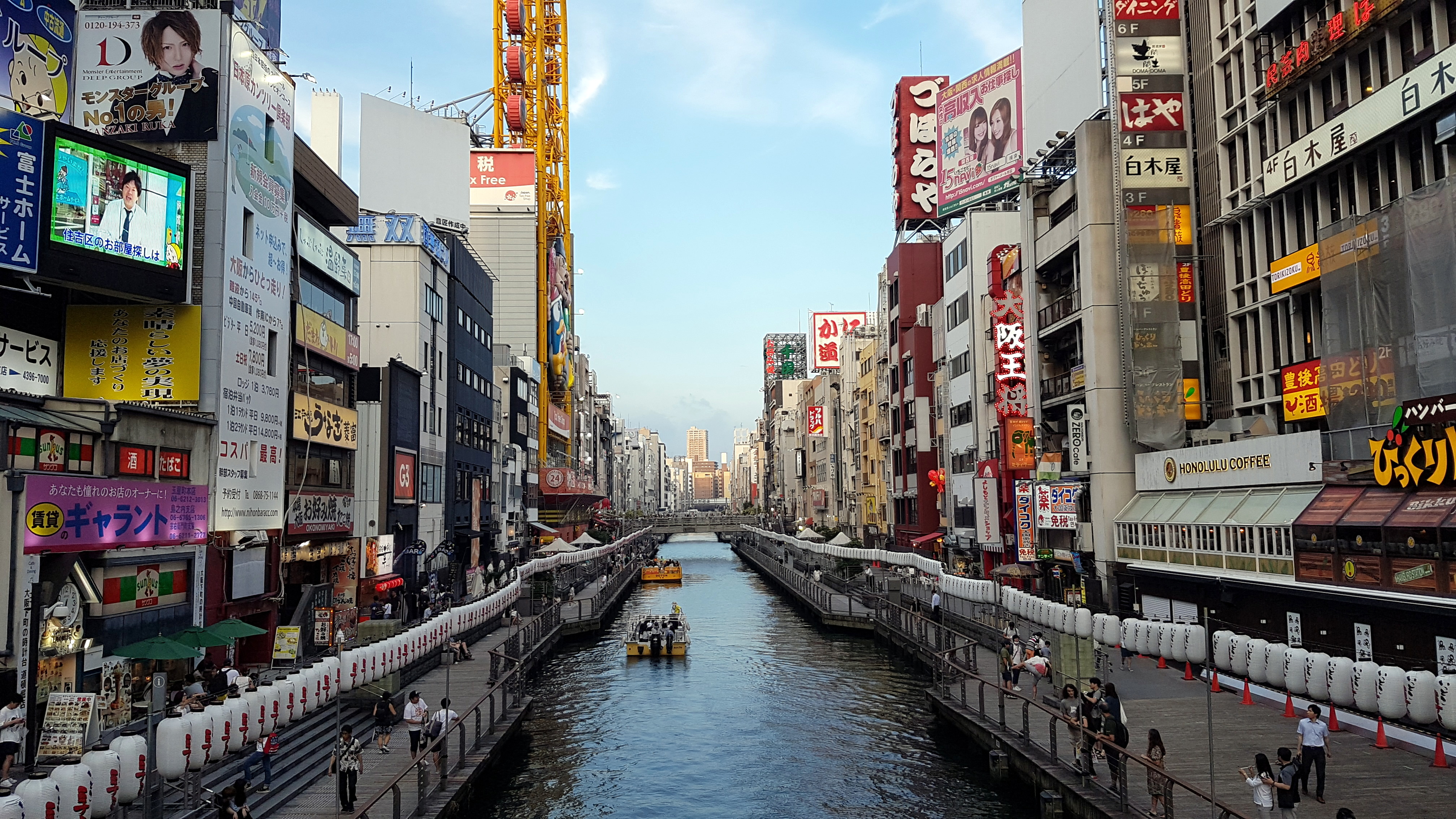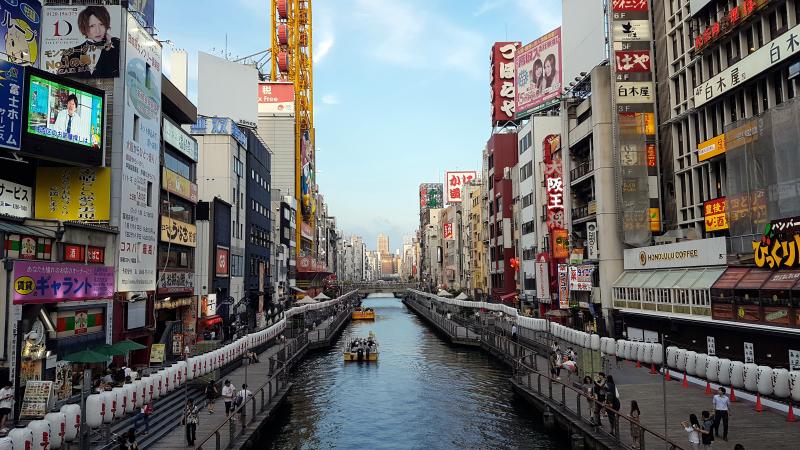Intro
I get weekly Japanese lessons via Skype. At the moment we are reading Japanese news articles: discussing grammar and rare words, and the topic itself. After 5 years, my teacher knows me well enough to select topics which are interesting to me. Recently we read the article Is it hard to live in Japan?.
Seems like my teacher shortened the article to 5 points - after reading the original I find the shorter version more to the point. I will quote the authors points, and compare with Germany and other countries.
1: Society enforces conformity
I can fully agree on this one. “The nail that sticks out is hammered down” - this is well known for Japan. If I do not properly separate my trash, chances are that a neighbor will notice and comment on that. Everything which sticks out is suspicious: also a child in school which turns out as a genius will have rough times, just for sticking out. Of course, this also has good sides: in Corona times, even if you question the usefulness of wearing a mask: you wear one to not stick out. For wearing a mask, this did not come with any down sides and turned out very useful in preventing the virus from spreading.
Yes, social pressure in Japan is stronger than in Germany.
2: Seniors first
In Japanese companies, the word of seniors has more weight than that of young employees. In Germany there is just a tendency to do so, but this is strong on traditional Japanese companies.
I work at the Japanese dependence of an American company, and also here older employees can enter the company directly at a high job level, whereas in Europe they would start lower and first have to prove themself. This is in line with the general flow of things in Japan: women giving birth in general stop working, so the family relies on the income of the husband. When he is changing the employer, having to start at a lower wage level would be a severe hit to the family.
For young people, having to live with ’the seniors are always right' can be tough, a valid point for ‘Japanese life is hard’.
3: Decline of personal relations
With this point, the author points at neighbors barely knowing each other, and Japanese entering their worklife basically just attending 2 communities: colleagues at the workplace and their family.
This is a valid point, quite similar to Germany. There is a tendency to more contact between people on the countryside, also in both countries. In Japan, with such a high density of people in the big cities, staying anonymous seems like ‘self protection’.
There might be more personal relations in countries like Italy or Korea, just judging from the personality of Italians and Koreans.
4: The ‘work above all’ principle
Word has it that Japanese put work above everything else. I think this is a valid point, but is slowly changing - younger Japanese seem to put more emphasis on family.
For Germans, in general the family has top priority. I would probably not count this point as ’living in Japan is hard’, after all the priorities are a personal matter and the preferences of others do not directly affect me, they do not make my life harder.
5: Constantly thinking about money
With this, the author of the article refers to the falling birthrates and overaging population in Japan, so private saving of money for retirement being required. It is said that one should aim at 200.000$ of savings for retirement. Having to constantly think of money after retirement is a huge burden according to the article author, making life harder.
I agree with that point, Germany is in the same situation although not to the same extent because of immigrants - Japan has almost no immigrants.
Declining birth rate is seen in all developed countries, to escape this one could for example go to Africa. Birth rates are high there as people consider children as their ‘retirement strategy’.
Further relevant points
The author of the article has apparently not lived abroad, that would allow more comparisons with other countries.
For me, comparing life between countries seems easier than saying ’life in Japan is hard’. For that, I would consider additional criteria.
For example: how safe do I feel in a country? I can safely have a walk in the evening in all places in Germany and in Japan, in America I would feel unsafe in many places.
Considering military security: Germany as well as Japan have no attack capabilities, and protect themself with ‘military agreements’ from perceived threats. Germany in the EU, Japan with Australia and the USA, effective safety seems to be similar.
How progressive is the country in fighting climate crisis? Germany is doing better than Japan there, but both are still better than America. For example Norway seems to be better than Germany.
Can you agree with the countries laws? For example, the death penalty exists in Japan, that’s a point for Germany.
In terms of free speech, both countries fare well.
Summary
Everybody would call out different points in such comparisons, for me both Germany and Japan are good countries to live in. :)

